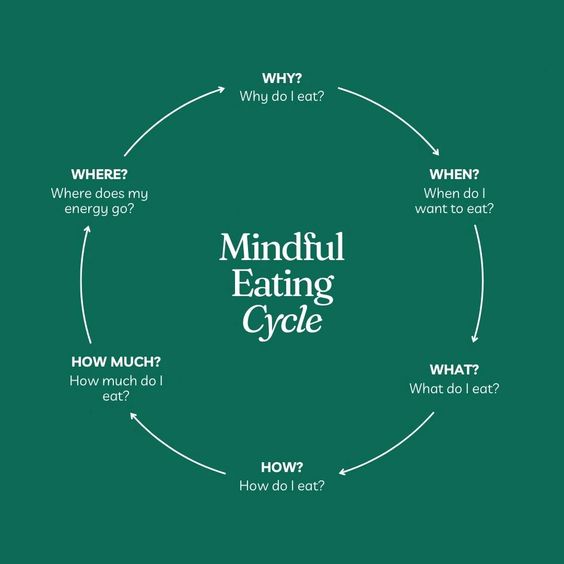Introduction
In today's fast-paced world, it's easy to get caught up in the hustle and bustle of daily life, often leaving us neglecting our relationship with food. We eat on the go, scroll through our phones during meals, and barely register the flavors and textures of what we consume. This disconnect from our eating habits can lead to overeating, poor digestion, and a diminished appreciation for the nourishment food provides. This is where mindful eating comes in – a practice that invites us to slow down, pay attention, and savor each bite.

Mindful eating is about cultivating an awareness of your physical sensations, thoughts, and emotions surrounding food. It encourages you to become attuned to your body's hunger and fullness cues, allowing you to make conscious food choices that nourish and satisfy. It's not about restriction or dieting; it's about developing a healthier and more mindful relationship with food.
Understanding Mindful Eating Habits
Mindful eating habits are about being present during meals and snacks. Here are some key practices to incorporate into your daily routine:
1. Eliminate Distractions
Put away your phone, turn off the TV, and step away from your computer. Create a calm and dedicated space for your meal.
2. Engage Your Senses
Notice the colors, aromas, textures, and sounds of your food. Appreciate the presentation and take a moment to savor the experience before taking your first bite.
3. Chew Thoroughly
Chew your food slowly and deliberately, paying attention to the flavors and textures as they change. Aim for at least 20 chews per bite. This aids digestion and allows your body to register fullness cues.
4. Listen to Your Body
Pay attention to your body's signals of hunger and fullness. Eat when you are genuinely hungry and stop when you feel comfortably satisfied, not overly full.
5. Appreciate Your Food
Take a moment to acknowledge the origin of your food, the effort that went into its production, and the nourishment it provides your body. Cultivating gratitude for your meals can enhance the eating experience.

.jpg)